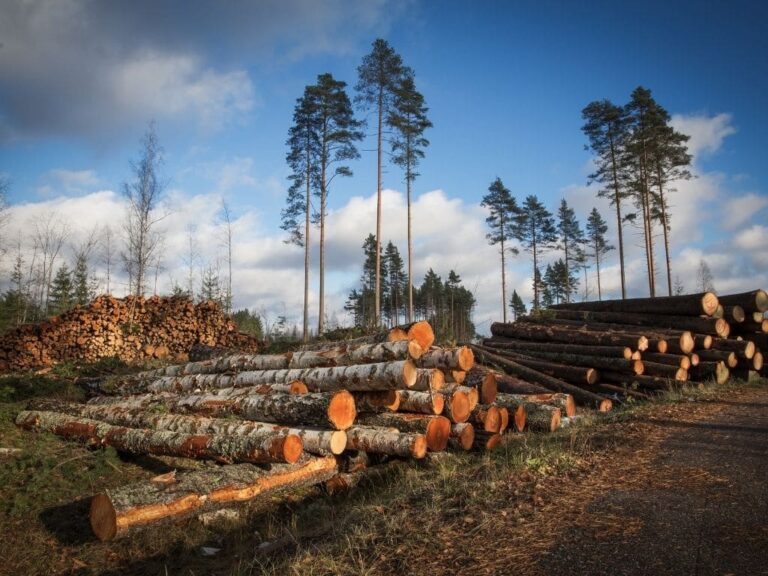Forests, covering about 31% of Earth’s land, are essential for life but are severely threatened by human activities like deforestation, primarily for agriculture and resource extraction. This practice significantly disrupts ecosystems, alters weather patterns, and endangers food security, impacting both wildlife and human communities, especially Indigenous peoples.
Deforestation leads to intensified climate change, as healthy forests act as vital carbon sinks. Their destruction increases greenhouse gas emissions, contributing to global warming and elevating wildfire risks. Furthermore, deforestation disrupts the water cycle, reduces precipitation, and causes soil erosion, jeopardizing land fertility.
With trees disappearing, biodiversity suffers as habitats shrink and food sources vanish for numerous species. This decline in plant and animal life directly affects food security for communities reliant on forests and agriculture. The Amazon, for instance, has seen notable decreases in crop productivity due to deforestation.
To combat these devastating effects, actions at both individual and governmental levels are crucial, including reduced meat consumption and policy enforcement to protect remaining forests. Urgent action is needed to halt deforestation and preserve forest ecosystems for future generations.
Source link


